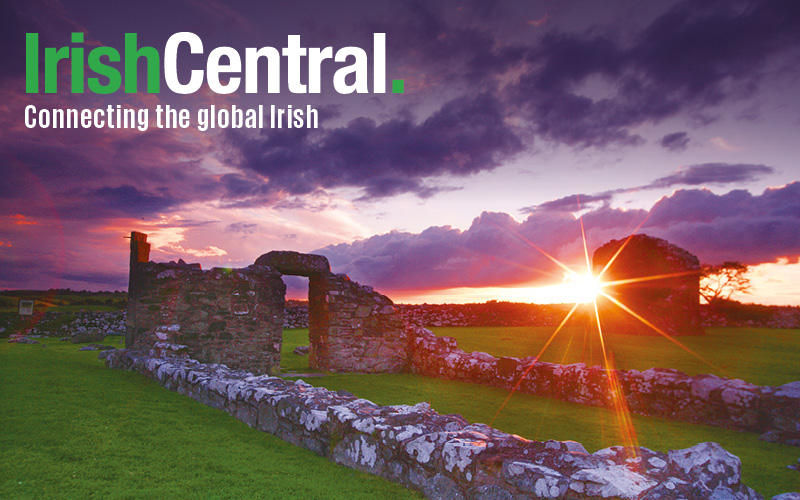Irish people feel compelled to drink alcohol on St. Patrick’s Day, according to a new study
People of Irish heritage feel duty-bound to raise a glass on March 17 because alcohol consumption is romanticized in Irish culture, according to a Northumbria University academic, the Guardian reports.
“Alcohol consumption, when placed in the context of Ireland, becomes instantly romanticized, attributed to one's underlying Celtic soul,” said lead researcher Matthew Kearney.
As part of his PhD on attitudes to spending, Matthew Kearney, a marketing lecturer, asked 70 Irish people in their 20s and 30s to keep a diary of their eating and drinking habits and then to analyse the feelings associated with their spending. As a follow up, Kearney conducted in depth interviews with a third of respondents.
The study showed that everyone who took part in the project celebrated St. Patrick’s Day. Some respondents used credit cards and borrowed money to pay for the occasion.
Commenting on the results Kearney said: “Ireland is synonymous with alcohol; although Ireland boasts world heritage sites, Titanic museums and the birth and death sites of numerous authors and poets, its most popular tourist attraction is the Guinness Storehouse.
“When Barack Obama and Queen Elizabeth and Prince Philip make a point of publicly enjoying a Guinness experience while visiting Ireland, it starts to become even more apparent that alcohol consumption is so completely intertwined with 'Irishness'.”
The research highlighted the importance of celebrating the Irish holiday. For example, everyone who took part in the study celebrated St. Patrick’s Day in some way; in comparison, some couples did not celebrate Valentine’s day.
The research sample was split equally among men and women, with one woman admitting she spent £350 on celebrating the March 17 Irish holiday.
Kearney, who is from Coleraine in Northern Ireland added: "Many of the people who took part in the research seemed to feel an inescapable pressure to drink as though it is part of Irish consumers' culture and heritage.
"When this is combined with the expectations of others, created by the concerted efforts of marketers, the result appears to be inevitable.
"However, many of those I interviewed expressed extreme regret in the aftermath of the day while others demonstrated a learned helplessness towards stopping drinking on the day. There seems to be a perception that it's their duty," he said.
Meanwhile the Tánaiste and Minister for Foreign Affairs Eamon Gilmore appealed to people to avoid excessive drinking over the St. Patrick's Day holiday, because it reflects badly on the country.
“I think that people should enjoy St Patrick’s Day but I would appeal to people to avoid the kind of excesses that we have sometimes seen, particularly the kind of drinking in public places, on the streets and so on,” he said.
“It has to be said we are talking here about a minority of people who would engage in that but it does cast a bad light on the country. St Patrick’s Day is an opportunity to cast the country in a good light and I think that we all have a responsibility to do that.”




Comments